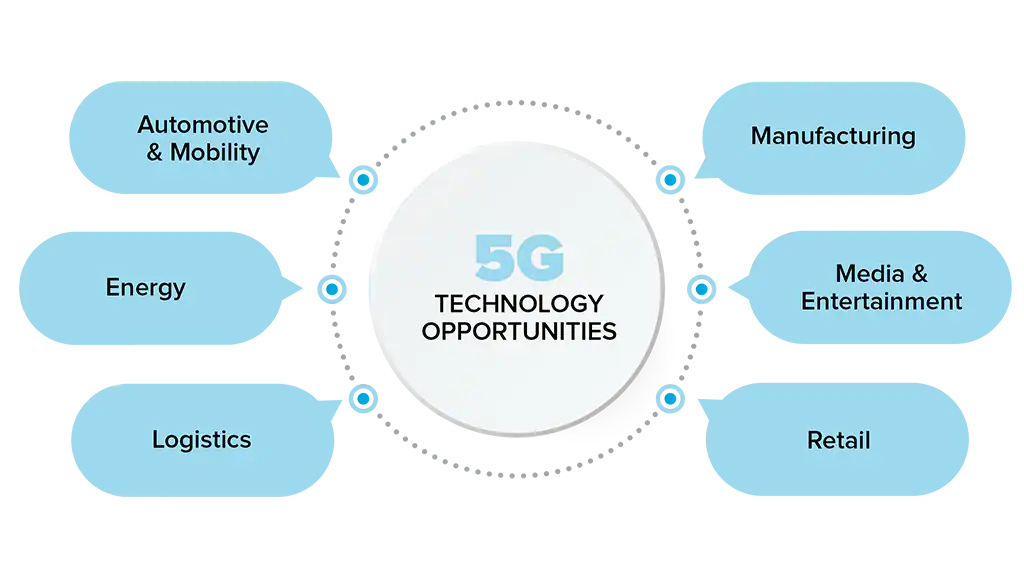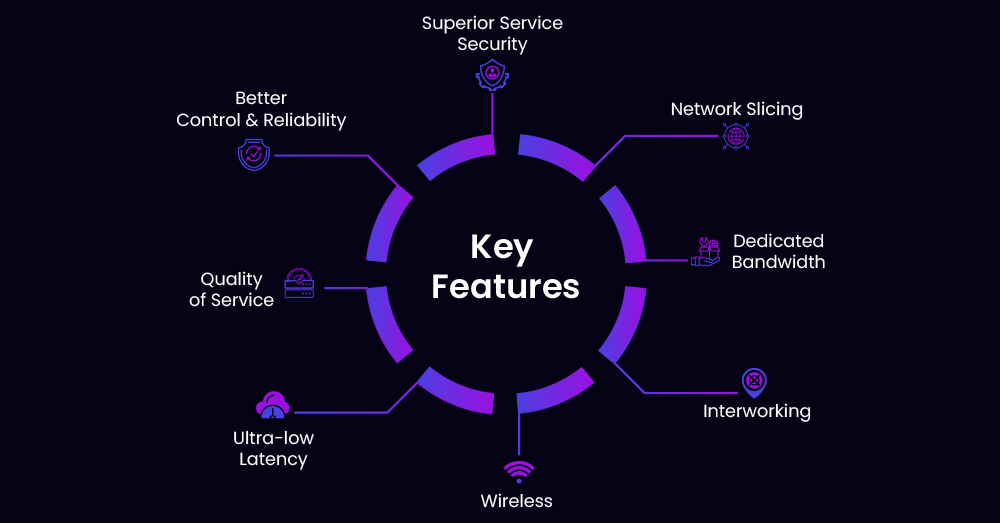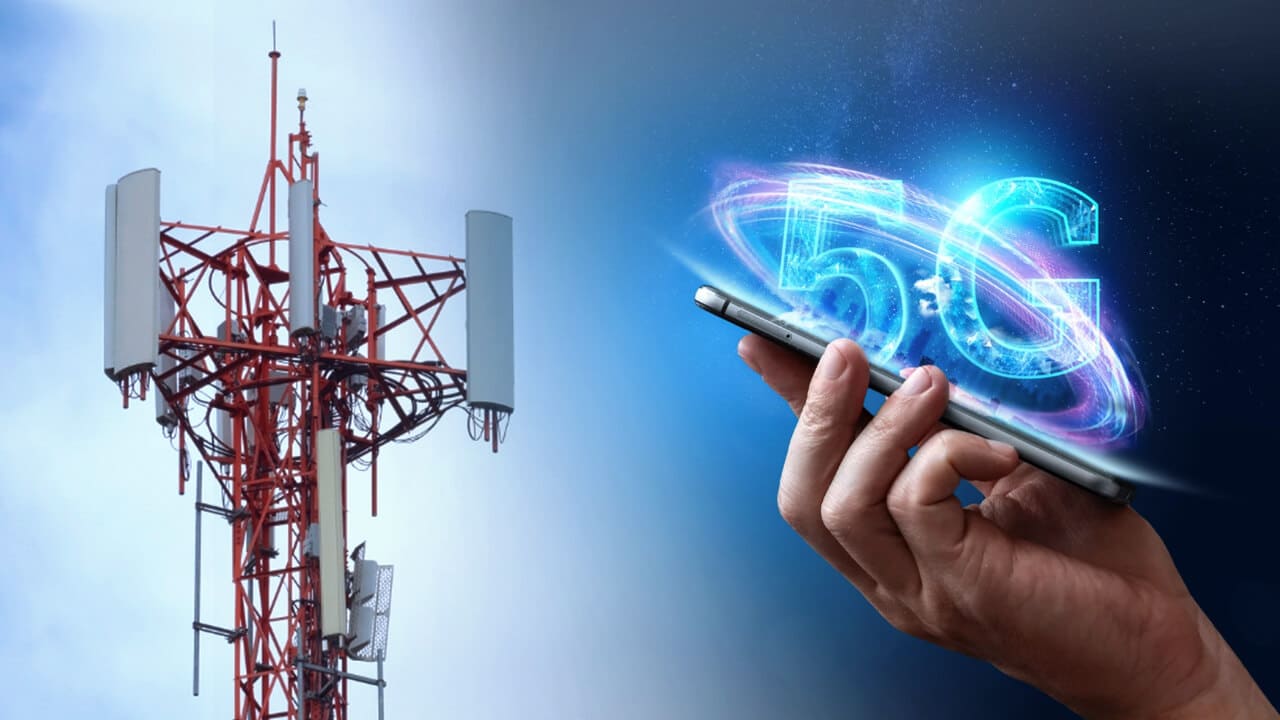In recent years, the emergence of 5G technology has marked a significant milestone in the evolution of communication networks. Businesses across various sectors are beginning to realize the impact of 5G technology on their operations, productivity, and innovation. As digital transformation accelerates, understanding how 5G can enhance connectivity and provide a competitive edge is crucial. This article delves into the many facets of 5G technology, its implications for business connectivity, and its transformative potential in the global marketplace.
Introduction to 5G Technology
5G technology represents the fifth generation of mobile networks, succeeding the 4G LTE networks that have been the standard for several years. The fundamental advantage of 5G is its ability to provide faster data transmission speeds, reduced latency, and increased capacity for simultaneous connections. Unlike its predecessors, 5G technology supports a greater density of devices, enabling a seamless and efficient user experience. This is particularly critical in an age where businesses are increasingly relying on interconnected devices and real-time data sharing.
5G technology’s capabilities extend beyond mere speed; it introduces features like network slicing, which allows multiple virtual networks to operate on a single physical infrastructure. This enhances flexibility, enabling businesses to tailor connectivity solutions that meet specific operational needs. As companies embrace these innovations, the impact of 5G technology on their business connectivity becomes apparent.

Key Features of 5G Networks
5G networks boast several unique features that set them apart from previous generations. The impact of 5G technology on business is largely driven by these capabilities:
- Ultra-Low Latency: One of the standout features of 5G is its ultra-low latency, which can be as low as 1 millisecond. This enables real-time communication, essential for applications requiring immediate feedback, such as remote surgeries or autonomous vehicles.
- High Bandwidth: 5G provides significantly higher bandwidth compared to 4G, accommodating more data-intensive applications. This means businesses can operate cloud-based applications without the lag that often characterizes slower connections.
- Massive Device Connectivity: The architecture of 5G allows for a substantial increase in the number of devices connected to the network simultaneously. This is crucial for businesses deploying IoT devices, enabling them to monitor operations and gather data efficiently.
These features empower businesses to enhance their operations, streamline processes, and develop innovative solutions that drive growth and efficiency.

Transforming Business Operations
The impact of 5G technology on business operations is profound, affecting various sectors in different ways. For instance, in manufacturing, 5G enables the integration of IoT devices on the production floor, leading to smart factories where machinery can communicate in real time. This connectivity results in improved monitoring of production processes, reduced downtime, and better resource management.
Additionally, in the retail sector, 5G connectivity for enterprises allows for immersive customer experiences, such as augmented reality (AR) applications that enhance product displays. Retailers can leverage 5G to implement smarter supply chain solutions, ensuring that inventory is managed efficiently and customers receive their orders promptly.
Moreover, the hospitality industry can benefit from 5G technology through enhanced guest experiences, including high-speed internet access and personalized services powered by data analytics. The potential for operational efficiency and customer satisfaction through 5G integration is immense.

Enhancing Remote Work and Collaboration
The COVID-19 pandemic has fundamentally changed the way we work, highlighting the need for robust remote work solutions. 5 G’s impact on business extends to enhancing remote work and collaboration tools, making it easier for teams to connect regardless of location. With 5G technology, high-quality video conferencing and seamless collaboration tools can be utilized without the interruptions typically associated with slower internet connections.
Companies adopting 5G for small businesses can provide their employees with reliable access to cloud-based applications and real-time data sharing. This ensures that remote teams remain productive, engaged, and aligned with organizational goals. Additionally, 5G connectivity for enterprises supports the growing trend of flexible work arrangements, allowing businesses to attract and retain top talent.

Impact on IoT and Smart Devices
One of the most significant advantages of 5G technology is its ability to support the Internet of Things (IoT). As businesses increasingly deploy IoT devices, the impact of 5G technology becomes clear. With its massive device connectivity capability, 5G enables businesses to monitor operations in real-time, collecting and analyzing data for better decision-making.
For example, smart sensors can track inventory levels, monitor equipment performance, and provide insights into customer behaviors. This data-driven approach can lead to increased efficiency, cost savings, and enhanced customer experiences. The integration of 5G IoT business solutions will be a game-changer for industries such as agriculture, logistics, and healthcare, where timely information is critical.
Driving Innovation through 5G
5G technology is a catalyst for innovation across industries. By providing the necessary infrastructure for advanced technologies, businesses can explore new products and services that were previously unattainable. For instance, in the automotive sector, 5 G’s impact on business is facilitating the development of connected vehicles that communicate with each other and their surroundings to enhance safety and efficiency.
Healthcare providers can leverage 5G technology to enable telemedicine services, allowing doctors to diagnose and treat patients remotely. This not only expands access to healthcare but also improves patient outcomes by facilitating timely interventions.
As companies continue to innovate, the potential applications of 5G technology are limitless, fostering a culture of creativity and forward-thinking.
Challenges and Considerations for Businesses
While the impact of 5G technology on business connectivity is largely positive, there are challenges that organizations must consider. The rollout of 5G infrastructure requires significant investment, and businesses must evaluate the return on this investment before committing to full implementation.
Moreover, as with any technology, security concerns arise. Businesses must ensure that they have robust cybersecurity measures in place to protect sensitive data transmitted over 5G networks. This includes understanding potential vulnerabilities and adopting best practices to safeguard information.
Another consideration is the regulatory landscape surrounding 5G deployment. Compliance with local and international regulations is essential to avoid legal complications that could hinder business operations.
5G and Data Security
With the adoption of 5G technology, ensuring data security becomes increasingly important. The ability of 5G to connect a vast number of devices simultaneously raises concerns about potential vulnerabilities. Businesses must prioritize cybersecurity to protect sensitive data and maintain customer trust.
Implementing advanced encryption methods, conducting regular security audits, and training employees on cybersecurity best practices are essential steps in safeguarding against potential threats. As businesses embrace 5G technology, a proactive approach to data security will be paramount in mitigating risks.
The Future of Connectivity: 6G and Beyond
Looking ahead, discussions about the next generation of wireless technology—6G—are already underway. While 5G technology is still being rolled out globally, researchers and industry experts are exploring how 6G could further enhance connectivity, potentially offering even faster speeds, lower latency, and greater capacity.
As technology continues to evolve, businesses must stay informed about these advancements to prepare for the future. Understanding the trajectory of wireless technology will help organizations strategize their operations and maintain a competitive edge in an increasingly digital world.
Regulatory and Policy Implications
The rollout of 5G technology is not without its regulatory challenges. Governments and regulatory bodies worldwide are establishing frameworks to ensure the safe and effective deployment of 5G networks. Businesses must navigate these regulations to ensure compliance and avoid potential penalties.
Understanding the local and international regulatory landscape is crucial for businesses looking to adopt 5G technology. By staying informed about policy changes and engaging with regulators, companies can position themselves favorably in the market and leverage the benefits of 5G.
Case Studies of 5G Implementation
Several businesses have already successfully implemented 5G technology, showcasing its transformative potential. For instance, a logistics company that integrated 5G IoT business solutions saw a significant reduction in delivery times and increased visibility into their supply chain. By using real-time data, they could make informed decisions that improved efficiency and customer satisfaction.
In the healthcare sector, a hospital utilized 5G technology to facilitate remote surgeries, allowing specialists to operate on patients from miles away. This not only expanded access to expert care but also showcased the capabilities of 5G technology in critical applications.
Conclusion: The Road Ahead for 5G and Businesses
As we navigate an increasingly interconnected world, the impact of 5G technology on business connectivity cannot be overstated. The benefits of faster speeds, lower latency, and enhanced capacity present significant opportunities for businesses to innovate and grow. From improving operational efficiency to driving customer engagement, 5G technology is set to revolutionize how businesses operate.
However, organizations must also be mindful of the challenges that come with adopting 5G technology, including investment costs and security concerns. By strategically planning their 5G implementation and staying informed about regulatory developments, businesses can harness the full potential of this transformative technology.
As we look to the future, the adoption of 5G technology will continue to shape the landscape of business connectivity, driving innovation and opening new avenues for success. Embracing these changes will be crucial for businesses aiming to thrive in a rapidly evolving digital economy.






One thought on “The Impact of 5G Technology on Business Connectivity”
Comments are closed.